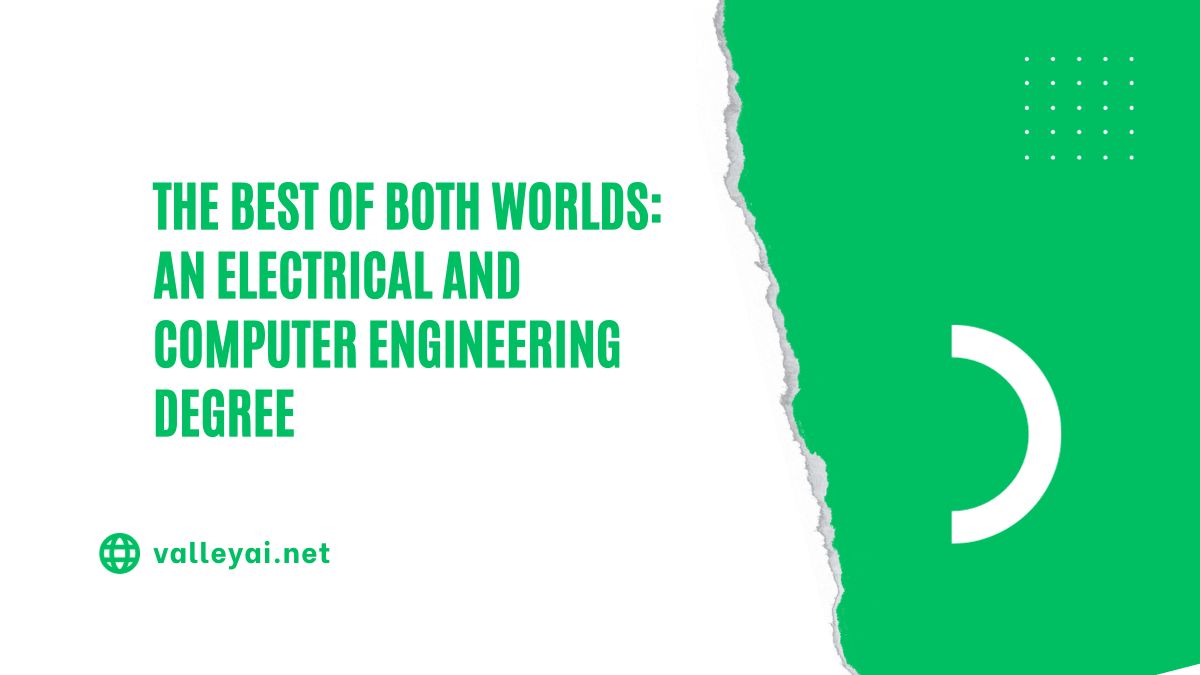Coming straight to the point right off the bat, to define the title, electrical and computer engineering (ECE) is a hybrid of electrical engineering and computer programming – which is pretty much exactly like it sounds. The field and the job position have become quite the hot topic and very plausibly the fastest advancing area of modern technology at the moment.
Electrical and computer engineers are situated in an innovative role, at the helm of technological advancements backed by mathematics and science skills. They design and create avant-garde solutions that make technology even more accessible to the mainstream population, as well as designing projects for specific challenges. Especially in light of the trend of the up-and-coming and modern, the field has a focus on efficiency and sustainability, as well as being cost-efficient and affordable.
Some well-known names in the field include Heinrich Rudolf Hertz, Nikola Tesla, Tim Berners Lee, Esther M. Conwell, and Bill Gates whose innovative work has made a significant impact on the world.
Some transformational inventions and innovations include drafting and developing cutting-edge healthcare devices and equipment to create sustainable energy systems to help protect the planet.
Higher education helps you live longer and more comfortably
Research has demonstrated that pursuing higher education at an advanced level helps you to live even longer as a direct outcome of helping people to make more informed and smarter choices on both a macro and micro level. In addition, graduates and degree-holders have easier access to healthcare, are better off financially, and live more comfortably.
Discovering success within electrical and computer engineering presupposes expertise in state-of-the-art strategies and experiential knowledge with the leading software for creative and innovative problem-solving to complex technical conundrums. In the modern times we live in today, it seems that nearly everything is accessible online.
This may or may not be the case, and perhaps somewhat exaggerated, but it definitely holds true when it comes to educational programs. For example, there are various universities that offer either on-campus programs or an online Master’s in electrical and computer engineering, or sometimes even both.
A Master’s degree in electrical and computer engineering from a top-notch research institution prepares students for an exciting career in a broad selection of careers. For example, some positions within electrical engineering include electrical engineer, design engineer, circuits engineer, and controls engineer, as well as a project engineer, power systems engineer, test engineer, or instrumentation and electrical reliability engineer.
As far as computer engineering positions, they comprise jobs like computer hardware engineer, hardware design engineer, systems engineer, system integration engineer, project engineer, network engineer, and field service engineer.
Global solutions in various fields
Electrical and computer engineers are committed and dedicated to furthering technology for global solutions in various fields and for all sorts of different purposes, including healthcare, industrial, aerospace, and military affairs with the required solutions.
To highlight some of the most salient innovations that engineering has bequeathed to the world, we need to look at the healthcare industry, with equipment such as medical monitoring systems, sensors, wireless access, improved surgical developments that even include the assistance of surgical robots to help patients and identify diseases.
Modern medicine has changed seemingly in the blink of an eye in the past two hundred years. Even if we look back at just fifty years ago, a decade ago, a year ago, we can easily see just how fast the changes have been. Keeping in step with the advancements of modern medicine, engineers design practical solutions for medical equipment that really keep the medical industry on its tip-toes.
Let’s take a closer look at the significant changes in healthcare in the past century which are to a great extent thanks to the hardworking engineers that have come up with some really phenomenal groundbreaking discoveries.
The future of engineering – a real wow factor
Some major events include the first portable pacemaker in 1958, transplants for people suffering hip and knee injuries in the eighties, and slow-release drugs in the following decade. In addition to being directly related to the field of medicine, engineers also have executed stellar advancements in related areas, such as artificial limbs, artificial hearts, brain implants, and monitoring devices.
The excitement of innovation and the massive transformation it brings about are a couple of reasons why engineers are constantly learning to keep astride as the times are changing. Recently, 3D printing has had broad applications within dentistry and medicine. An engineering goal that truly has the ‘wow factor’ is the vision to design and develop a 3D printer that can print human organs that can be used for transplants.
- Understanding the Landscape of Cloud Vulnerability Management - March 25, 2024
- Quality Assurance Strategies for Startups: Ensuring Software Reliability - March 5, 2024
- Working of NLP to Improve Copywriting in AI Paraphrasing Tool - February 28, 2024

